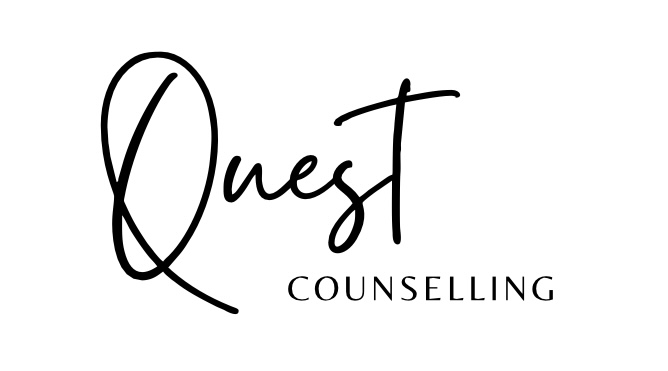Navigating the Tides of Uncertainty: Managing Anxiety in Today's Workforce
By:
Cecilia Yee
On
15/07/2025Reading time:
4 min
Summary:
With so much volatility going on these days in many aspects of life, it is not surprising that many would feel overwhelmed. Read on to find out what can one do to manage.

In Singapore and globally, working individuals are grappling with a new layer of stress: economic uncertainty and its direct impact on job security. Headlines frequently paint a picture of fluctuating markets, technological shifts, and strategic restructuring, leaving many feeling unmoored and anxious about their professional future. This pervasive anxiety isn't just an emotional discomfort; it can significantly impact productivity, well-being, and overall quality of life.
The human brain is wired to seek certainty, and when that is threatened, anxiety naturally rises. The "what ifs" about potential layoffs, career stagnation, or the need to upskill rapidly can become overwhelming, leading to a constant state of low-level dread. However, while we cannot control external economic forces, we absolutely can control how we respond to them. Developing robust coping mechanisms is no longer a luxury but a vital skill for thriving in this climate.
Here are two powerful methods working individuals can employ to stabilize and regulate their anxiety, fostering greater resilience and clarity:
1. The Power of "Control What You Can": Strategic Action & Skill Building
One of the most debilitating aspects of anxiety around job security is the feeling of helplessness. This is where the principle of "control what you can" becomes incredibly liberating. Instead of fixating on external factors beyond your influence, shift your energy to actionable steps that empower you.
How to implement:
Audit your current value: Take an honest look at your current role. What are your key contributions? What skills are you utilizing? Document your achievements and responsibilities. This helps ground you in your current capabilities and reminds you of your worth.
Identify areas for growth and upskilling: Research current industry trends and future-proof skills. Are there courses, certifications, or workshops that could enhance your expertise or broaden your appeal? Even small, consistent efforts (e.g., spending an hour a week on an online course) can build a sense of proactive control and reduce anxiety about being left behind.
Network strategically: Connect with colleagues, mentors, and professionals in your field – not just when you need a job, but as an ongoing practice. Building genuine relationships expands your understanding of the market and creates a support system. Attend industry events, participate in online forums, or simply reach out for informational interviews. This proactive approach transforms passive worry into tangible steps towards strengthening your professional standing.
By focusing on what is within your sphere of influence – your skills, your network, and your proactive planning – you create a sense of agency that counters the feeling of helplessness.
2. Grounding Through Mindful Presence: The 5-4-3-2-1 Technique
When anxiety spirals, our minds often jump to worst-case scenarios, pulling us away from the present moment. Grounding techniques are incredibly effective for bringing you back to reality, interrupting the anxious thought cycle, and calming your nervous system. The "5-4-3-2-1" technique is a simple yet powerful method you can use anywhere, anytime.
How to implement:
Find 5 things you can see: Look around your environment. Name five distinct objects you can clearly see. For example, "I see my monitor, a pen, a cup of coffee, a plant, and a notebook."
Identify 4 things you can feel/touch: Bring your attention to physical sensations. "I feel the texture of my shirt, the smooth surface of my desk, my feet on the floor, and the warmth of my mug."
Notice 3 things you can hear: Tune into the sounds around you. "I hear the gentle hum of the air-conditioning, my keyboard clicking, and distant traffic."
Identify 2 things you can smell: Pay attention to any scents, subtle or obvious. "I smell the faint aroma of my coffee, and perhaps the clean scent of the office."
Name 1 thing you can taste: Focus on the taste in your mouth. "I taste the lingering coffee, or simply a neutral taste."
This exercise forces your brain to engage with your immediate surroundings, pulling your focus away from abstract worries and anchoring you firmly in the present. Regular practice can help train your mind to return to a calm state more readily when anxiety strikes.
In a world that constantly shifts, managing anxiety isn't about eliminating it entirely, but about developing robust strategies to navigate its presence. By taking proactive control over your professional development and consciously grounding yourself in the present moment, working individuals can build resilience, reduce stress, and maintain a sense of stability even amidst economic uncertainty. Remember, your well-being is your greatest asset.
Remember, your well-being is your greatest asset.

